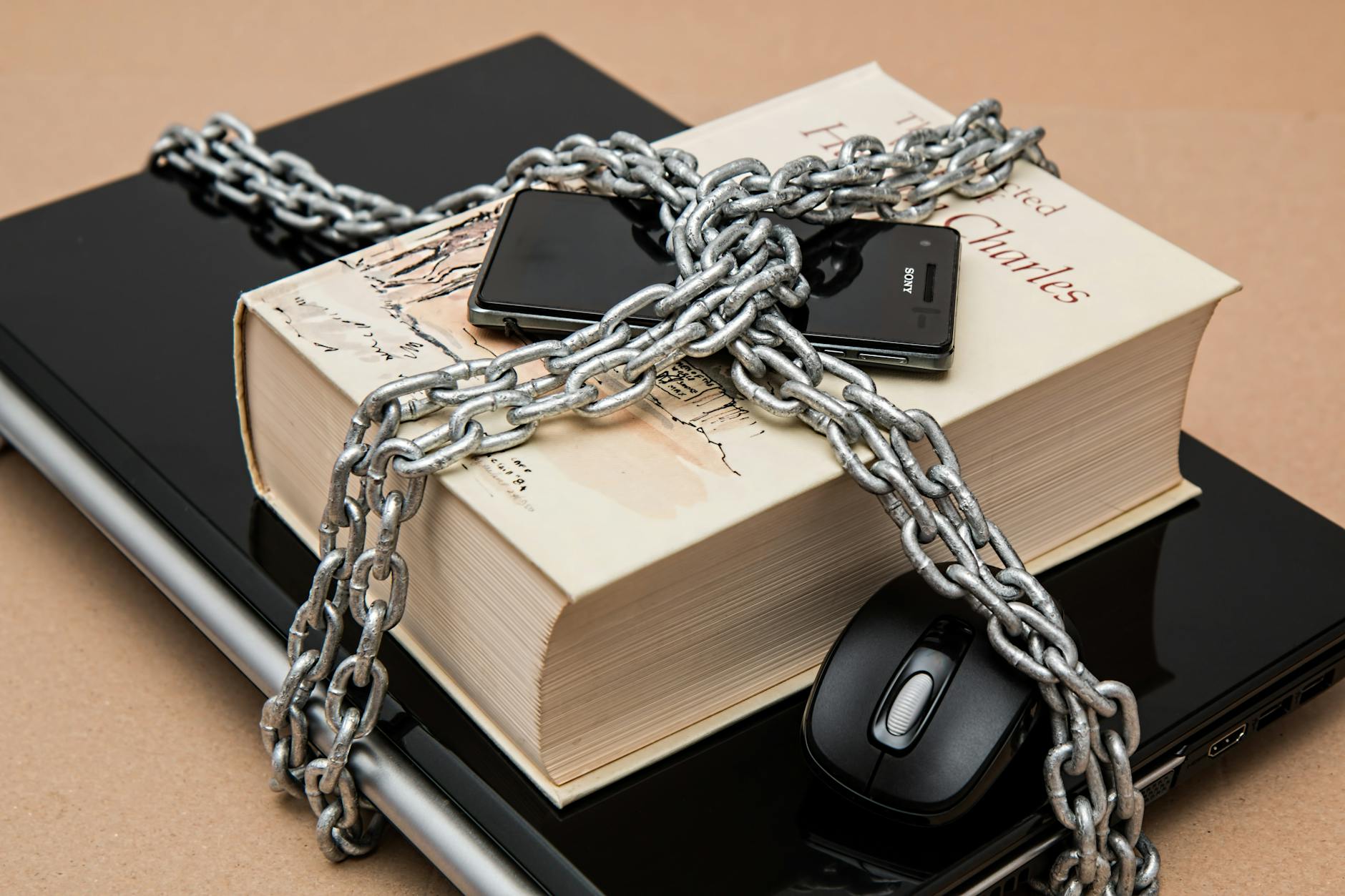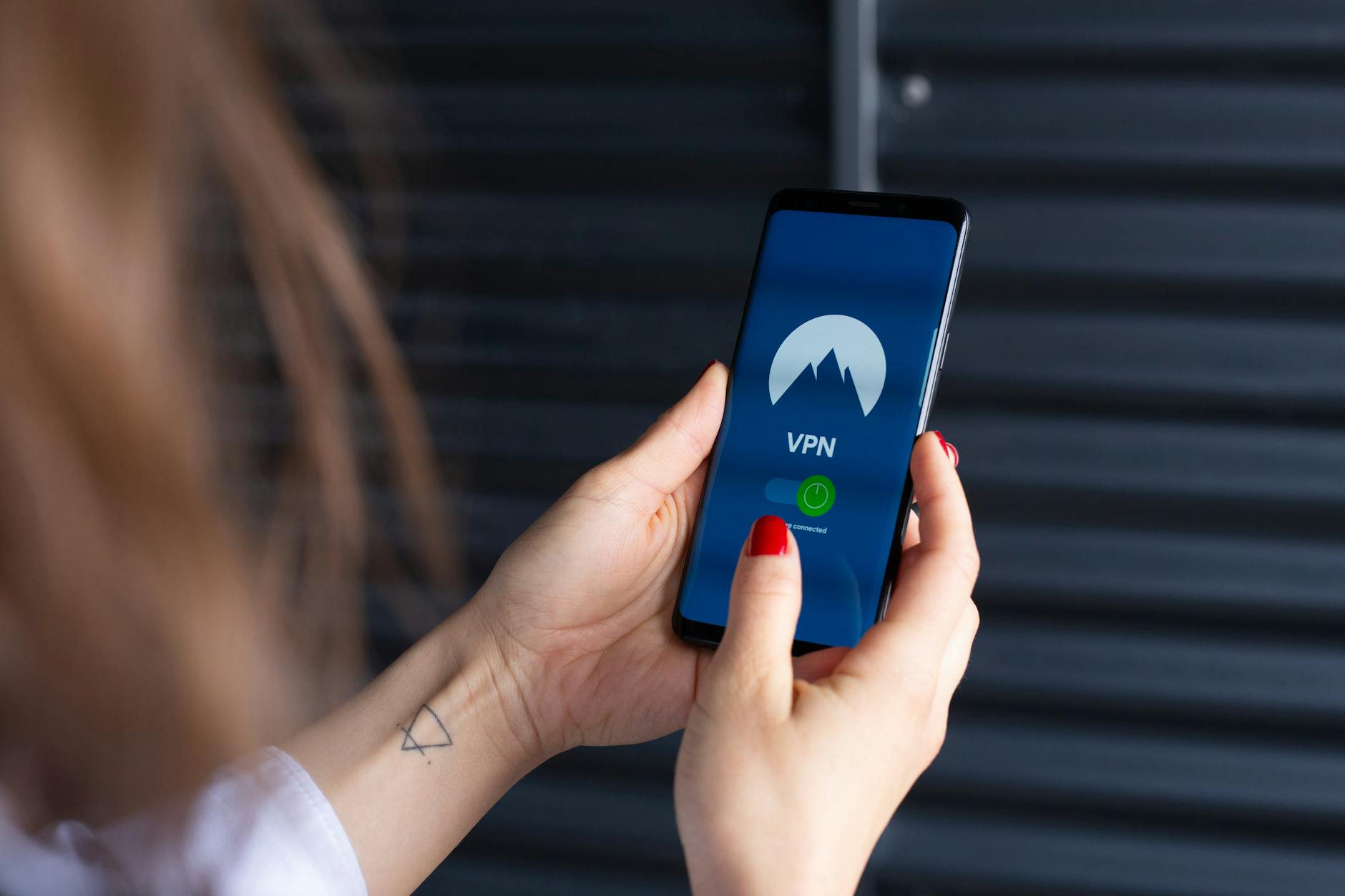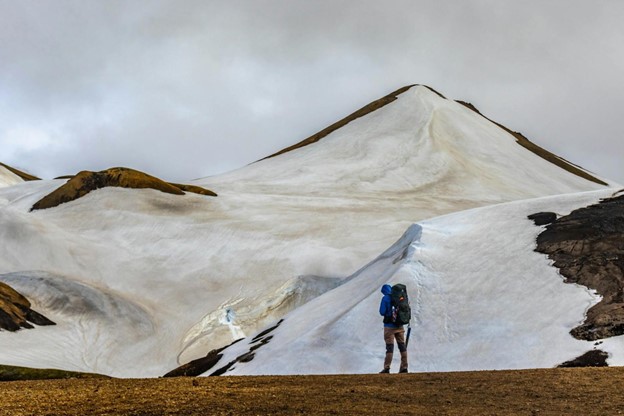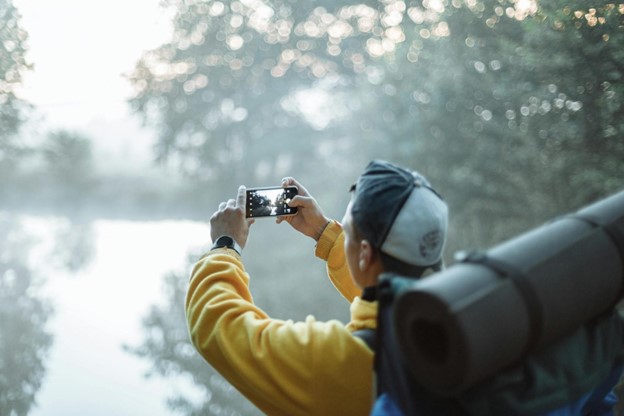The Blog
10 Tips for Enhancing Your Personal Security & Privacy While Traveling

Where would I be without travel? It has become an essential part of my life, and I know I am not alone! I love exploring new cultures and experience, both as a solo female traveller, as part of a group or with my friends and partner. However, alongside the excitement of travel come certain challenges, particularly concerning personal security and privacy. With the rise of digital threats and increasing concerns about safety, it’s crucial to take proactive steps when venturing abroad. Whether you’re a frequent jet-setter, a digital nomad, or a solo adventurer, here are essential tips to ensure your travels remain safe and secure.
Disclaimer! All of my blogs may contain affiliate links. This means that if you click on the link and make a purchase I may receive a small amount of commission for the referral at no extra cost to you. This commission is what allows me to continue creating guides to help travellers plan their next trip!
What's in this post:
1. Safeguard Your Belongings
Keeping your belongings safe is fundamental for any traveller. Believe me, I’ve learnt it the hard way! During a recent trip to Barcelona, my wallet was stolen while at the airport! I’d been so careful throughout my travels in the so called “dangerous” countries in Africa, and yet I let my guard down at home, leaving me with a very big headache!
Consider using a theft-proof backpack with lockable zippers and RFID-blocking pockets to protect your passport and credit cards from electronic pickpocketing. Always keep a close eye on your gear, especially in crowded places like airports and public transport. Additionally, use hotel safes to store valuables you don’t need on hand.
Keeping your belongings safe means you are much less likely to become a target which in turn helps you a lot with your personal security while you are traveling.
2. Use a Virtual Private Network (VPN)
Did you know it is possible for your phone to be tracked? Mobile phone tracking is an overlooked concern that more people should take seriously, especially when travelling. Your phone continuously emits radio signals to communicate with Wi-Fi networks and cellphone towers, effectively acting as a beacon that can be tracked by third parties. While this technology allows for convenient connectivity, it also poses significant privacy risks. Malicious actors or companies might exploit these signals to monitor your activities and location without your consent, potentially leading to data breaches or unauthorised surveillance.
You should enhance your digital privacy by using a VPN when connecting to public Wi-Fi networks. A VPN encrypts your internet traffic, making it difficult for hackers to intercept your data. This is especially important when accessing sensitive information like online banking or personal emails from cafes or airports.
Knowing how to make your phone untraceable can be a really helpful thing before you go away on any trip. Travel is about learning about other cultures and customs, just make sure nobody is learning more than they should about you!

3. Enable Two-Factor Authentication
Secure your online accounts by enabling two-factor authentication (2FA) whenever possible. This adds an extra layer of protection, requiring not just a password but a secondary code sent to your mobile device, making it significantly harder for unauthorised users to access your accounts.
One of the challenges I find while travelling is that often Two-Factor Authentication requires me to receive a text. I used to always buy local SIMs which meant I didn’t receive any texts on my usual number. Since I have switched to eSIMs this is no longer an issue as my “home” SIM remains active. Where possible I also recommend using the Authenticator App which avoids the requirement for receiving text messages.
4. Backup Important Documents
Before departing, create digital backups of essential documents, such as your passport, travel insurance, and itinerary. Store these securely in cloud storage or on an encrypted USB drive. This step ensures that you have access to vital information even if the originals are lost or stolen.
If you have a trusted person at home, I would also leave copies with them. I now also always leave one credit card behind so that it means that even if my wallet is stolen, I still have a card that I don’t have to cancel and therefore can continue to use as needed. This saved my bacon when I got pickpocketed in Barcelona!
5. Be Mindful on Social Media
Social media can inadvertently compromise your privacy. Avoid sharing specifics about your travel plans, such as dates or accommodation details, until after your trip. This not only prevents potential thieves from knowing when your home is vacant, but it also avoids unwanted individuals knowing where you’re staying.
6. Know the Local Emergency Contacts
Research and note down the local emergency numbers for each destination. Familiarise yourself with the nearest consulate or embassy contacts. Having this information readily available can be invaluable in an emergency.
When travelling in more challenging countries, especially where bribery is a problem, I like to know the name of the Minister of Tourism for any given country. I then save that name in my phone. Should anyone give me unnecessary problems, I drop their name in and say “That’s not what I understood from Mr Tourism Minister”, let me call him/her so they can clarify it. I’ve had to use it once and it worked a treat. Suddenly there was no problem with my VISA and I did not have to pay extra!
7. Choose Secure Accommodation
When booking accommodation, prioritise safety features. Check for reviews that mention security measures like 24/7 reception, CCTV, and room safes. Consider staying in well-reviewed areas known for being safe, particularly when travelling solo.
I book most of my accommodation through Booking.com. Not only does each lodge or hotel list all of their amenities, but they have 100s if not 1000s of reviews. This allows me to make an informed decision when choosing where to stay.
I did however once end up staying in a crack den! You can read the full story here!
8. Keep Your Phone Secure
Mobile phones are a goldmine of personal data. Ensure you have a strong passcode and a biometric lock. Consider installing a phone tracking app, which can help locate your device if lost or stolen. Also, regularly update apps and operating systems to protect against security vulnerabilities.
9. Stay Aware of Your Surroundings
No matter where you are, always be aware of your surroundings. Trust your instincts—if something feels off, take action. Avoid displaying signs of wealth, such as wearing expensive jewellery, which can attract unwanted attention.
Also consider the culture of your destination and how you are behaving. In conservative countries dress modestly. This is not only a sign of respect but will also go along way in keeping you safe.
10. Travel Insurance is a Must
Finally, never underestimate the importance of travel insurance. It not only covers medical emergencies but can also compensate for lost belongings, cancelled flights, and more. I am a big fan of WorldNomads who incidentally also regularly send out travel safety tips and advice. Always make sure to read the policy details carefully to understand what is covered and to ensure it meets your requirements.
My final thoughts on personal security and privacy while travelling
Travelling should be an enjoyable and fulfilling experience, free from the stress of potential security and privacy breaches. By taking these proactive measures, you can significantly reduce the risks associated with travel. Whether you’re navigating the bustling streets of a foreign city or relaxing on a secluded beach, these tips will help ensure your safety and peace of mind.
Want to travel but have nobody to go with?
Why not join my next group trip? I organise small group tours to off the beaten path destinations. I believe in exploring beyond the highlights, so you can be sure to enjoy an authentic experience wherever you choose to join me!
Did you find this article helpful?
If you found this article helpful and would like to show your appreciation, please consider donating to my Street Child fundraiser!
Street Child is a UK-based charity working across 20 of the most challenging countries in the world, providing the most vulnerable children with access to education. I have taken on many challenges over the years to raise funds for Street Child, including running a marathon in 42 C heat in Sierra Leone, cycling 400KM from my home in the Cotswolds to the Netherlands, running a very hilly 50km Ultra Marathon in Madeira and tackling the arduous trek to Everest Base Camp (taking place November 2024).
So, if you found this article helpful and would like to show your appreciation, please consider donating to my fundraiser. The cost of a coffee is enough to change a child’s world!



Comments will load here
Be the first to comment